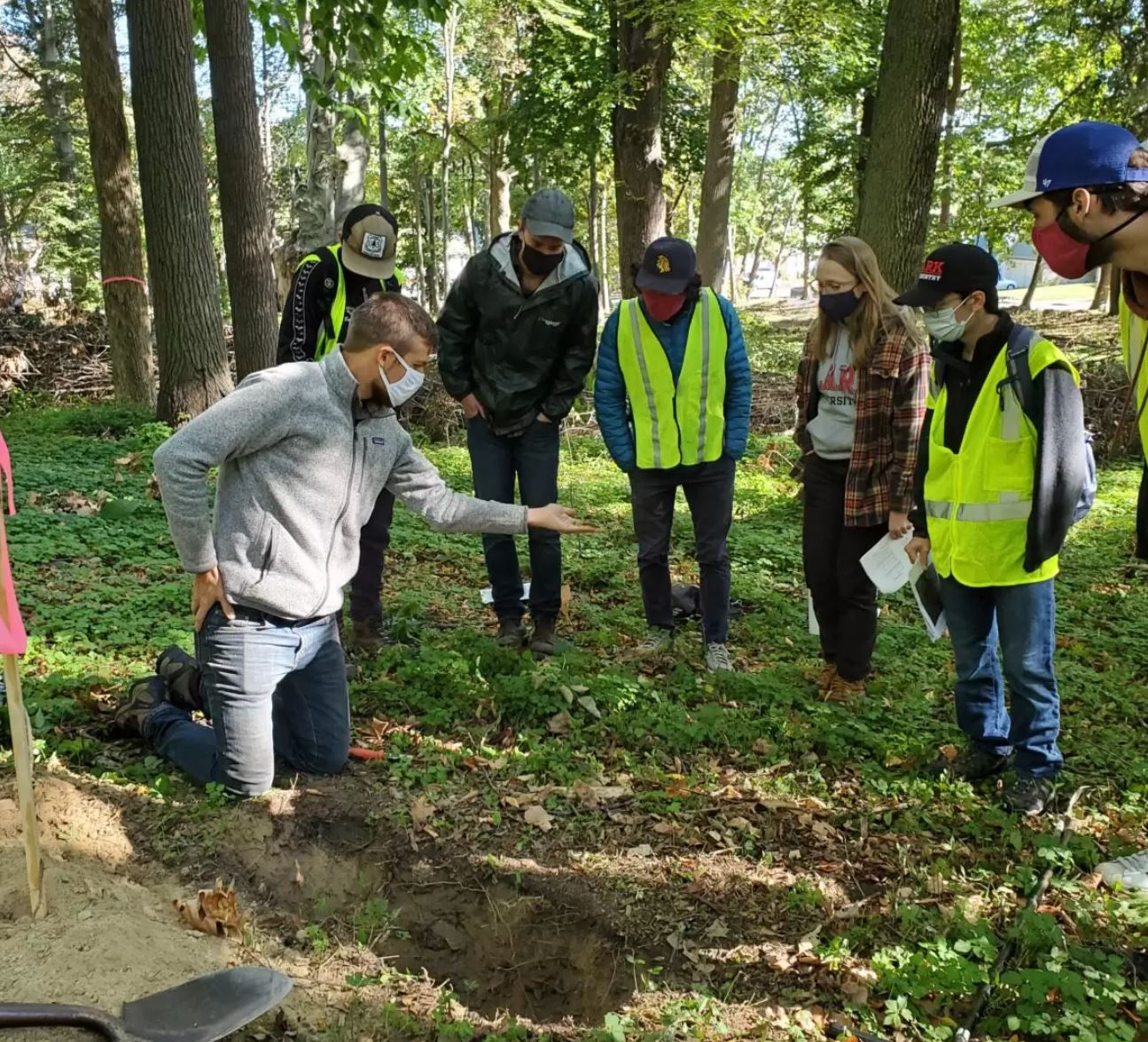National Association of Conservation Districts
Worcester County Conservation District (WCCD) is providing forestry and conservation information and assistance to hundreds of people across Massachusetts through a Neighborhood Outreach Project. The online webinars grew as a method of providing education to county landowners at a time when in-person workshops scaled back due to COVID. On average, between 30 and 80 people logged into the workshops, depending on the topic. Afterward, WCCD uploaded the webinars to their YouTube channel, where they have garnered hundreds of views since.
“It’s a great way to do outreach and get more visits for conservation practices,” WCCD Conservation Planner Joel Betts said. “It doesn’t replace the things you learn hands-on – there are things you just have to do in person – but I think that people recognize the value of webinars more than they have before.”
While much of Worcester County is forested, the Massachusetts Forest Action Plan identifies many areas as high risk for development. Invasive species and pest threats, especially if the land is not managed, increase that risk.
The Neighborhood Outreach Project provided WCCD with funding to produce the series of webinars covering lawn alternatives, native plants and birds and soil health, including planting for various types of soils. Funding also allowed for follow-up site visits with landowners seeking additional assistance with forest management.
WCCD also partnered with the NRCS and North County Land Trust (NCLT) for the project.
Though the webinars were geared toward smaller plots, native planting and soil health, they connected Betts with landowners of larger plots who were also seeking information on forest management practices.
Betts, whose position with WCCD is funded partially through an NACD Technical Assistance (TA) Grant, garnered several inquiries for site visits from the webinars and has been working on three forest-related conservation plans with landowners this year.
“The people we’ve talked with have more awareness as a result of this project,” he said. “There are a lot of private landowners reaching out to WCCD and NRCS for assistance on forestry practices and plans and thinking about sustainable land and forest management.”
Betts is working on projects covering about 150 acres of forestland, providing technical assistance and developing conservation plans that include invasive species removal, thinning and replanting to improve poor stands, patch cuts and other improvements for wildlife habitat, and restoration of stream habitat.
“It’s good to be able to have the flexibility to do both of these – the webinars and the technical assistance. It’s a good niche for the conservation district,” said Betts.
With the successes, the district has secured another TA grant to continue work next year, and plans are already in place to offer additional forestry webinars.

